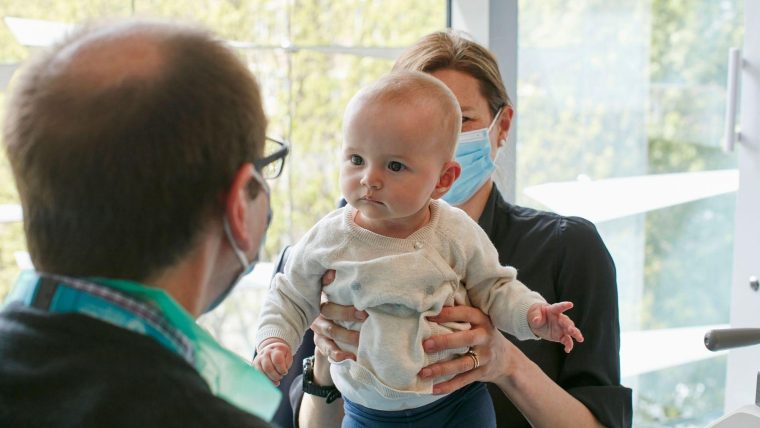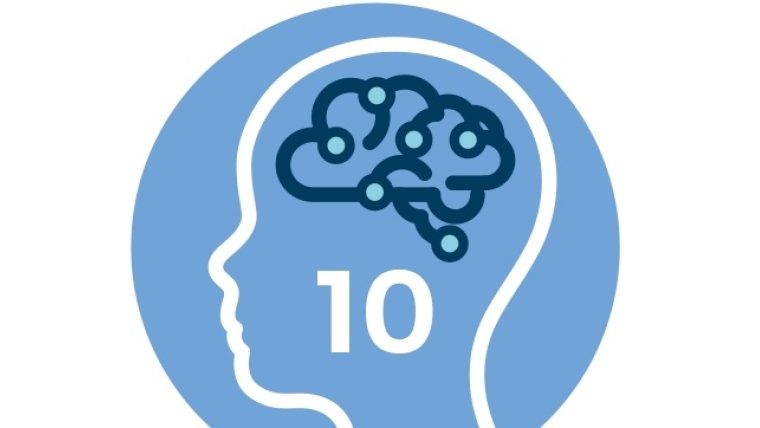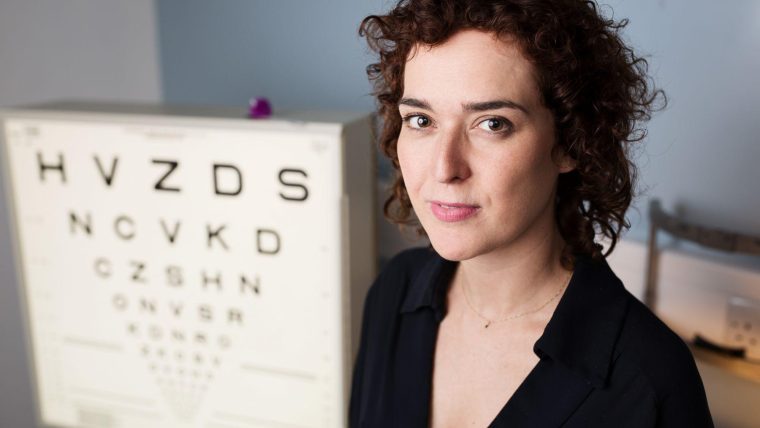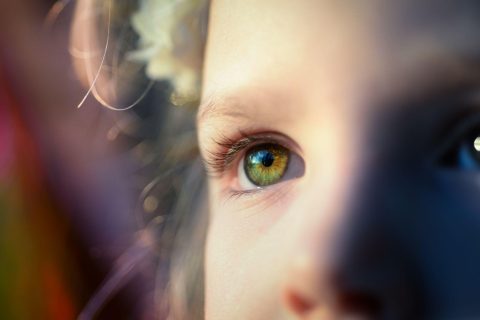Understanding how children’s eyes develop
Dr Tessa Dekker and the Child Vision Lab
6 July 2021

We’re funding research investigating how children’s sight develops and designing child friendly visual tests.
We invest in future leaders such as Dr Tessa Dekker and are seeing the fruits of this investment. Her research has resulted in significant developments.
The challenges
There are many new therapies available which make it possible, more than ever before to treat eye disease. These treatments may also work best in early life, when networks in the brain are more able to change.
However, there are major challenges in measuring children’s vision, as children can have short attention spans and interpret task instructions differently, so measurements do not reflect actual visual changes.

10 years old - the age that children can integrate sensory information
New eye tests and their impact
Working with collaborators, the team have developed new approaches to testing which have been published in leading journals, making these findings available to the public and the research community. Nine publications and one book have been produced from this research. They include:
- creating a contrast sensitivity test with game-like elements for paediatric clinical assessment of amblyopia, published in Frontiers in Medicine.
- using brain imaging called functional magnetic resonance imaging (fMRI) to investigate the neural mechanisms underlying improvements in children’s contrast sensitivity and acuity, published in Developmental Cognitive Neuroscience.
- demonstrating how spatial contrast sensitivity tests, which measure the faintest shape that can be detected, can be shortened for children using mathematical algorithms, published in the Journal of Vision.
We’ve also funded equipment so that this research can be delivered at a world-leading standard including a custom made head coil. This makes it possible to measure visual function more accurately during MRI imaging. A state of the art eye tracker, funded by the charity, can also be used with patients who make involuntary eye movements when MRI imaging is being done.
As a result of the impact of her work, Dr Dekker has secured a permanent position at the UCL Institute of Ophthalmology and UCL Psychology and Language Sciences.

In my lab we make new vision tests to understand how the developing brain adjusts to sight loss, and how sight is recovered after treatment, to help escalate the creation of new treatments for early-onset eye disease.
Dr Tessa Dekker, UCL Institute of Ophthalmology
The future
Dr Dekker’s research brings together methodologies in psychology, neuroscience and ophthalmology. It has the potential to transform how vision loss is detected in children and being treated in early life when it’s most responsive.
£756,000
additional funding secured for future research

